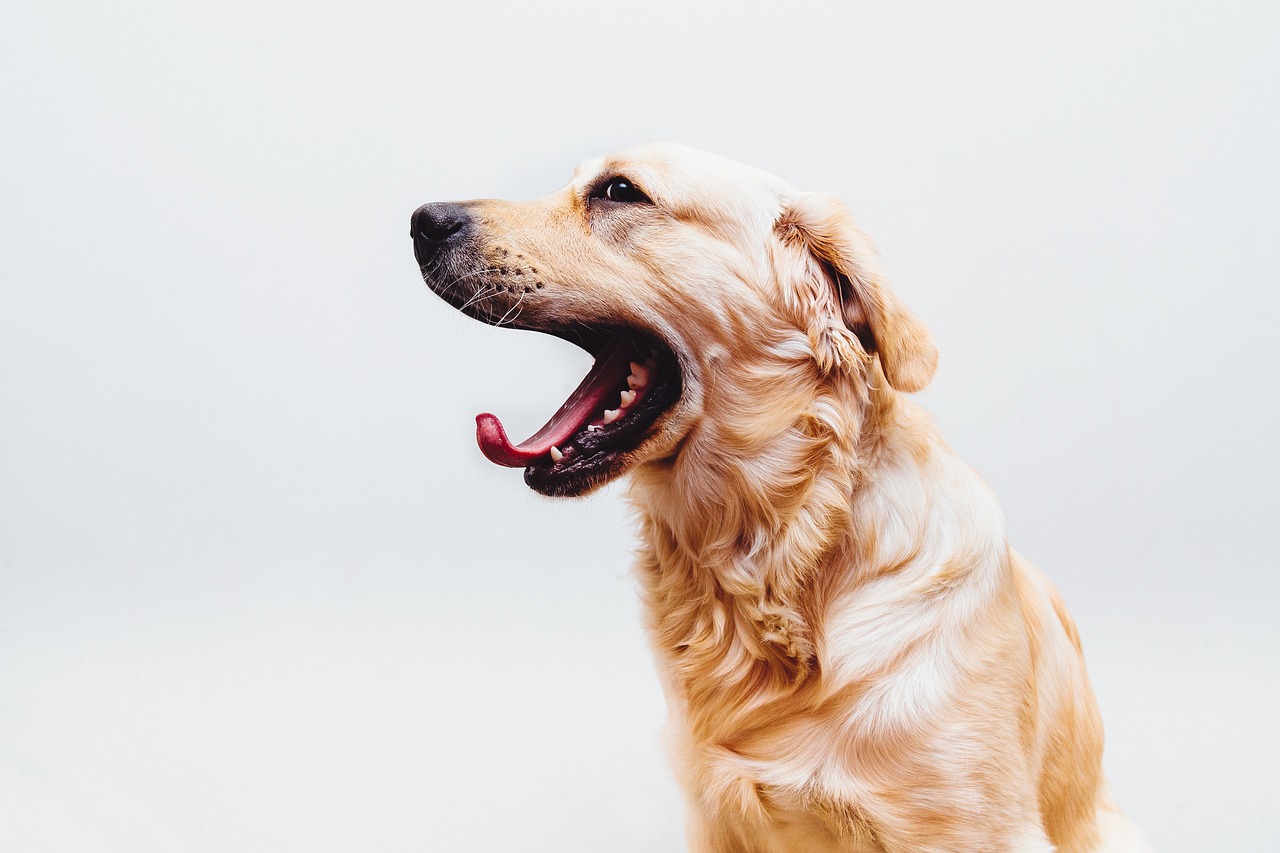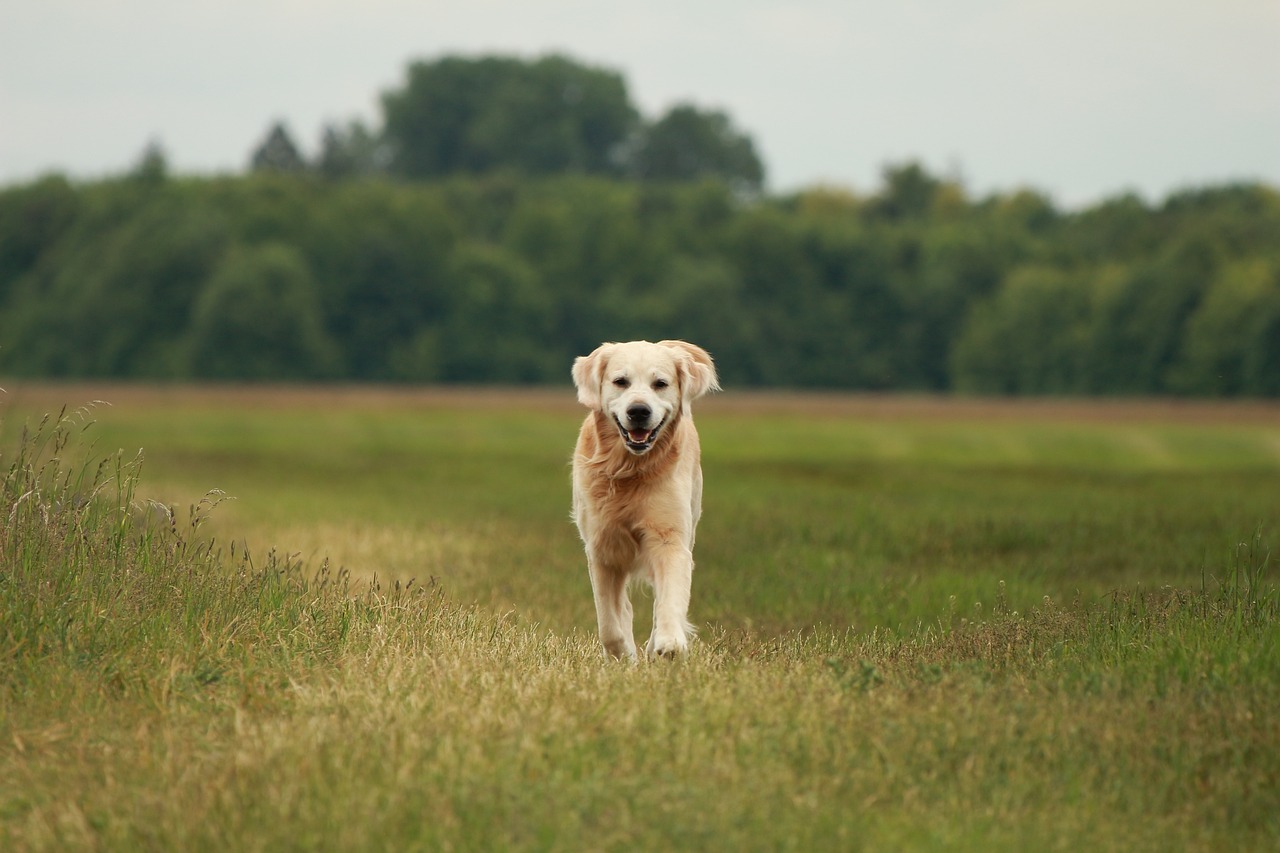Pet parents settling in your life with a Golden Retriever by your side, have you thought about what will happen once your pup has all grown up? Unless you intend to expand your family, you have probably considered neutering him. We have dug up some dirt on the topic to find out the ultimate answer to “When to neuter your Golden Retrievers?”. Let’s address this mind-blowing question with us!
When to Neuter Golden Retrievers, According to Experts?

In the past few years, the topic of when to neuter a Golden Retriever has evolved significantly based on recent veterinary research. While traditional approaches recommended early neutering, current evidence suggests a more nuanced timeline for larger breeds like Golden Retrievers:
| Age Ranges | Key Considerations |
| 6-12 months | Standard approach, may reduce unwanted behaviors early |
| 12-18 months | Supports bone development, balanced hormone levels |
| 18-24 months | Optimal for large breeds, complete physical maturation |
Research now indicates that the ideal window for neutering Golden Retrievers falls between 18-24 months. This timing allows for proper skeletal development and maturation of vital organ systems while still providing the benefits of neutering.
Key Factors in Timing Your Decision
Despite experts’s suggestions, each dog is different, so there might not be a one-size-fits-all approach. As a pet parent, you can discuss with your vet to find out the best neutering schedule for your Goldie based on several factors:
- Physical development: Your dog’s growth rate and overall health status directly impact their ability to handle the procedure and recover effectively. Veterinarians carefully evaluate bone growth plates and muscle development to ensure your pet has reached sufficient physical maturity before proceeding with the surgery.
- Lifestyle factors: When we mention “lifestyle factors,” we refer to your dog’s living situation and exposure to other dogs. Goldens who spend considerable time outdoors or frequently interact with other dogs may benefit from earlier neutering to prevent unwanted breeding. However, this must be balanced against the benefits of allowing full physical development.
- Behavioral considerations: This means your Golden’s current temperament and any concerning behaviors that may be influenced by hormones. Some dogs display aggression, excessive marking, or roaming tendencies that might be reduced through neutering. Understanding these patterns helps determine whether earlier intervention could benefit your pet’s behavioral development.
- Family circumstances: Last but not least, evaluate your schedule for supervision, your home’s security measures, and your comfort level in handling an unneutered dog during walks or social interactions. Your family’s lifestyle and resources play a vital role in determining the optimal timing for the procedure.
Benefits of Neutering Your Golden Retriever

Neutering offers significant advantages for both health and behavior management in Golden Retrievers. From a health perspective, the procedure eliminates the risk of testicular cancer and substantially reduces the likelihood of prostate problems. These preventive benefits extend to various hormone-related tumors, providing long-term protection for your beloved pet. Research has shown that neutering significantly extends Golden Retrievers’ lifespan.
The behavioral impacts of neutering can significantly improve your daily life with your Golden Retriever. Many owners report a noticeable reduction in territorial marking behaviors inside the home, along with decreased roaming tendencies that could put their pet at risk. Dogs often become more focused during training sessions, as they’re less distracted by hormone-driven impulses.
Perhaps one of the most significant advantages is the contribution to responsible pet population control. By preventing unexpected litters, you’re taking an active role in addressing pet overpopulation while ensuring your dog’s offspring don’t end up in shelters or uncertain situations.
Potential Risks and Considerations
While the procedure of neutering is generally safe, the chance of risk is not 0%. During surgery, your Golden Retriever may experience reactions to anesthesia, though modern protocols have greatly minimized these risks. Post-operative infections, while rare, require vigilant monitoring and prompt veterinary attention if suspected.
The long-term health considerations following neutering also deserve thoughtful consideration. Your dog’s metabolism may undergo changes that require adjustments to their diet and exercise routine. Some studies suggest potential impacts on joint development, particularly in large breeds, which is why timing the procedure appropriately becomes crucial.
Weight management often becomes a more significant focus after neutering. The hormonal changes can affect your dog’s metabolism and appetite, requiring a more structured approach to feeding and exercise. Regular veterinary check-ups help monitor these changes and allow for timely adjustments to maintain optimal health.
The Neutering Procedure: What to Expect

Pre-Surgery Preparation
The success of your Golden Retriever’s neutering procedure largely depends on proper preparation. Your veterinarian will conduct a comprehensive physical examination, including blood work evaluation, to ensure your dog can safely undergo surgery. This assessment includes a thorough review of your pet’s medical history and any current health concerns that might affect the procedure.
Creating the right environment for recovery begins before the surgery. Your veterinarian will provide specific fasting instructions, typically requiring no food for 8-12 hours before the procedure. They’ll also review any current medications and advise whether adjustments are needed. Meanwhile, preparing a quiet, comfortable recovery space at home ensures your pet has a safe place to heal.
The Surgical Process
The day of surgery follows a carefully structured timeline designed to maximize safety and efficiency. Upon arrival, your veterinarian performs a final health check before administering anesthesia. Throughout the procedure, modern monitoring equipment tracks your dog’s vital signs, ensuring their safety and comfort.
The surgical team maintains strict sterility protocols while performing the procedure. Your veterinarian uses precise surgical techniques to minimize trauma and promote rapid healing. Following the surgery, professional staff closely monitor your pet’s recovery from anesthesia, ensuring they’re stable before preparing for discharge.
Recovery Period
The initial recovery phase requires careful attention from both veterinary staff and pet owners. Your Golden Retriever receives appropriate pain management and professional monitoring until they’re alert and stable enough to return home. The veterinary team provides detailed instructions for at-home care, including activity restrictions and wound management.
Post-operative care at home focuses on supporting your pet’s healing process. This includes feeding nutritious food for Golden Retrievers, maintaining the recommended activity restrictions for 10-14 days, properly administering any prescribed medications, and monitoring the surgical site for signs of complications. Regular follow-up appointments ensure your dog’s recovery progresses as expected.
Conclusion
The decision about when to neuter your Golden Retriever is a significant one that deserves careful consideration. While the recommended age range of 18-24 months provides optimal health benefits, your veterinarian can help determine the best timing based on your dog’s specific circumstances. By understanding the procedure’s benefits, risks, and recovery process, you can make an informed decision that supports your Golden Retriever’s long-term health and happiness.

As a dedicated pet writer with a passion for Golden Retrievers, I’ve spent years studying and writing information to help owners give the finest care for their beautiful companions. While I do not personally own a Golden Retriever, my writing stems from a genuine love for the breed and a desire to provide useful, well-researched information. My goal is to provide practical and useful advice to Golden Retriever owners on topics such as food selection, common health conditions, and training strategies.


